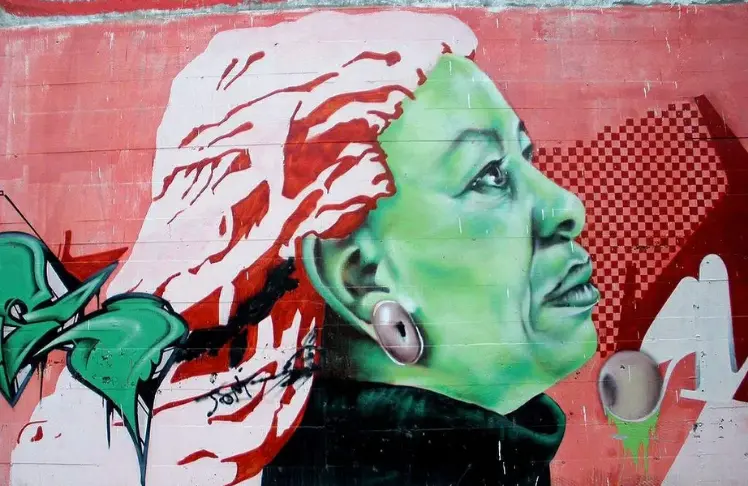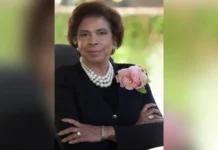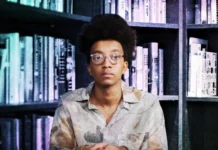
Billed as a one-of-a-kind mash-up of publishing and pop culture, with A-list participants from both worlds, the inaugural BookCon in May 2014 looked unique and exciting — including what promoters called a “blockbuster” panel of superstar authors.
But when Ellen Oh and Malinda Lo, both authors, got a look at the advance lineup for that panel shortly before BookCon opened, they saw the same old thing: four white men. Insult followed injury when BookCon released its roster for a panel of children’s authors.
Every author on the list was white, with the exception of Grumpy Cat, who was promoting a book of internet memes.
Frustrated, Oh and Lo vented about it on Twitter, and the dialogue snowballed, catching the attention of BookCon organizers. Together with fellow authors Lamar Giles, Aisha Saeed, and other writers of color, Oh and Lo formed a new organization named after their hashtag: We Need Diverse Books.
If we want our bookshelves to be more inclusive and equitable, then we need to diversify the publishing industry from start to finish.
CAROLINE RICHMOND
While the mission of We Need Diverse Books, or WNDB, is spelled out in its name, its goal extends beyond putting more Black, Asian, and Latino authors on bookstore or library shelves. Creating a world where every reader can see themselves in a book can “promote literacy, build empathy, and reduce bias,” according to the group’s website.
“A group of writers formed WNDB’s original executive committee, including Oh, Giles, Saeed, along with authors Marieke Nijkamp, Miranda Paul, Karen Sandler, and Ilene Wong,” Caroline Richmond, WNDB’s executive director, explained in an email interview.
The organization “got its start focusing on diversifying children’s literature, but we’ve since branched into the adult fiction world as well,” Richmond says.
To promote the inclusion of BIPOC writers, she says, WNDB mentors a diverse cohort of writers and illustrators, supports diverse publishing professionals, and provides books to classrooms nationwide.
“We do this because we take a holistic approach to address the lack of diversity in publishing,” she says.
“If we want our bookshelves to be more inclusive and equitable, then we need to diversify the publishing industry from start to finish: from supporting the diverse creators who write and illustrate these books to providing resources to the diverse publishing professionals who acquire these titles to sending the finished works to the students who need them.”
Part of promoting diversity involves giving writers of color the support they need to craft a book, Richmond says.
The act of creating art — like writing and illustrating — can help us work through painful experiences and address past traumas.
CAROLINE RICHMOND
“We established our Black Creatives Fund in 2020 to offer direct support to Black writers, both published and aspiring,” she says. “We wanted to create a space where Black voices can be nurtured within an industry that has long marginalized them. Thus far, we’ve served nearly 100 Black writers via our workshops and mentorships.
While the ultimate goal of WNDB is to help transform the publishing industry — “top to bottom,” Richmond says — racial healing is an important part of the equation.
“The act of creating art — like writing and illustrating — can help us work through painful experiences and address past traumas,” she says. “WNDB helps diverse writers and illustrators tell their stories via our mentorships, grants, and workshops; these programs also help them to get published so readers nationwide can learn from their works and, ultimately, see their own selves represented.”
But timing is another key factor.
Because books take an average of two years to go from acquisition by a publishing house to a bookshelf, “we are only now seeing the impact of the social justice work done in 2020 on the 2022 (diversity) numbers,” Richmond says. “We have yet to see the impact that book bans and censorship will have, though the loose data WNDB has begun to gather from Publisher’s Marketplace indicates that the market for diversity is cooling — and quickly.”
Ultimately, “publishing (among many other industries) must not treat diversity like a fad or a trend,” she says, “but rather a needed systemic change that will lead to a more just, equitable, and empathetic world.”
This story was produced in partnership with the W.K. Kellogg Foundation.















